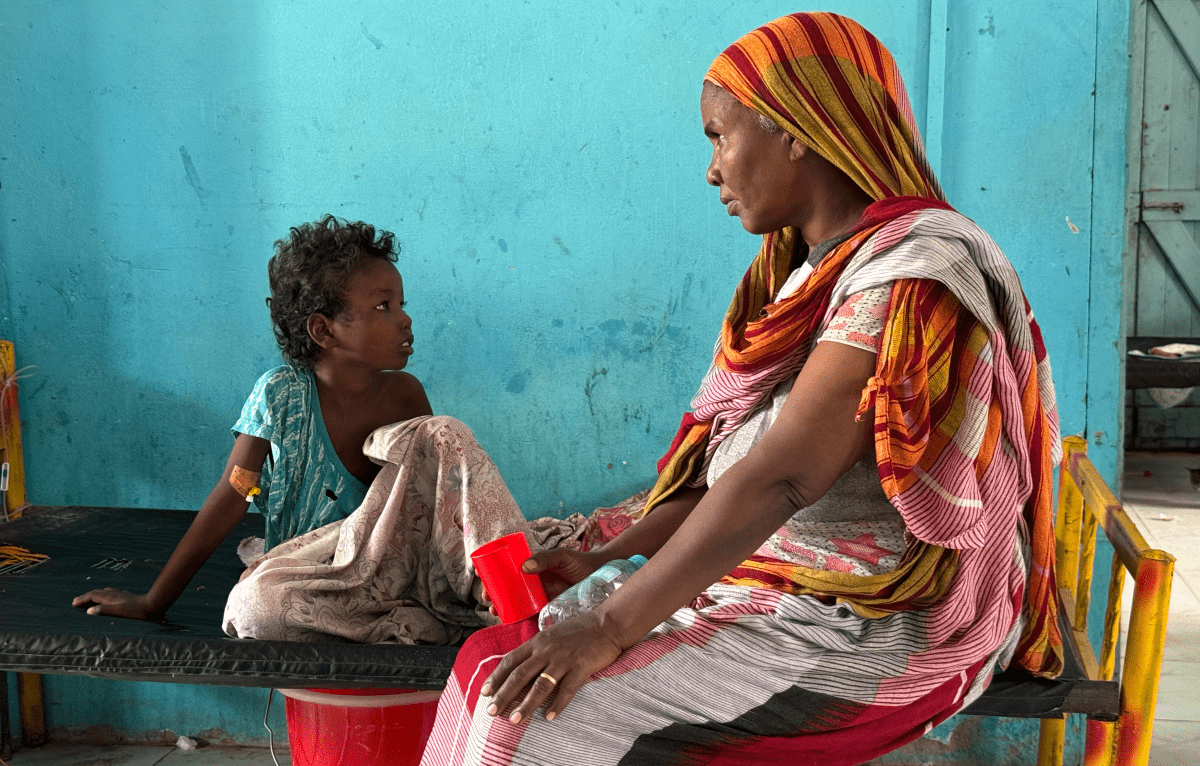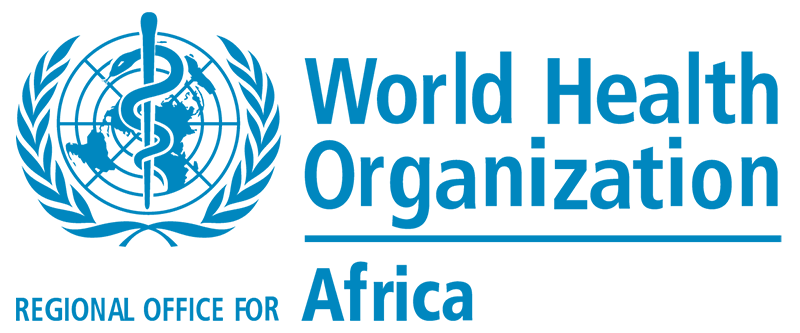Translation Google
Sudan conflict: More than 2,700 cholera cases and 92 deaths in MSF-supported centre in White Nile State
Press release
March 6, 2025 - updated March 7, 2025
Between 20 February and 5 March, 2,718 patients were treated in White Nile State at the Cholera Treatment Centre (CTC) at Kosti Teaching Hospital supported by Médecins Sans Frontières (MSF). Sadly, 92 people succumbed to the disease.
The recent wave of cholera, a waterborne disease, is believed to have emerged shortly after a Rapid Support Forces (RSF) projectile damaged the Rabak power plant on 16 February, causing a massive power outage. With no access to clean water after water pumps were shut down, people were forced to rely primarily on donkey carts to collect water.
“ Attacks on critical infrastructure have long-term health consequences for vulnerable communities. Warring parties must respect the rules of war and ensure the protection of civilians and critical infrastructure ,” said Marta Cazorla, MSF’s emergency coordinator in Sudan.
The outbreak peaked between 20 and 24 February, when panicked patients and their families rushed to Kosti hospital. The massive influx of patients, most of whom were suffering from severe dehydration, led to overflowing of reception capacities. Patients had to be treated on the floor, within the CTC and the hospital, which found themselves saturated.
For its part, the White Nile State Ministry of Health coordinated the response at the community level by facilitating access to clean water, banning the use of carts and raising awareness through health promotion. In addition, a cholera vaccination campaign was organised during the week of the outbreak.
The MSF team worked closely with Ministry of Health staff at Kosti Teaching Hospital, as well as additional medical teams from Rabak Hospital to manage cases. MSF provided support through training, supervision of care and incentives for health staff.
In addition, MSF mobilised logistical support from Port Sudan, Kassala and Kosti, providing 14 tonnes of medical supplies, including medicines and treatment kits, as well as more than 25 tonnes of logistical supplies such as beds and tents, to strengthen the response and expand the capacity of the CTC. The team also provided safe water, chlorination and infection control at the cholera treatment centre.
Sudan conflict: More than 2,700 cholera cases and 92 deaths in MSF-supported centre in White Nile State
Press release
March 6, 2025 - updated March 7, 2025
Between 20 February and 5 March, 2,718 patients were treated in White Nile State at the Cholera Treatment Centre (CTC) at Kosti Teaching Hospital supported by Médecins Sans Frontières (MSF). Sadly, 92 people succumbed to the disease.
The recent wave of cholera, a waterborne disease, is believed to have emerged shortly after a Rapid Support Forces (RSF) projectile damaged the Rabak power plant on 16 February, causing a massive power outage. With no access to clean water after water pumps were shut down, people were forced to rely primarily on donkey carts to collect water.
“ Attacks on critical infrastructure have long-term health consequences for vulnerable communities. Warring parties must respect the rules of war and ensure the protection of civilians and critical infrastructure ,” said Marta Cazorla, MSF’s emergency coordinator in Sudan.
The outbreak peaked between 20 and 24 February, when panicked patients and their families rushed to Kosti hospital. The massive influx of patients, most of whom were suffering from severe dehydration, led to overflowing of reception capacities. Patients had to be treated on the floor, within the CTC and the hospital, which found themselves saturated.
For its part, the White Nile State Ministry of Health coordinated the response at the community level by facilitating access to clean water, banning the use of carts and raising awareness through health promotion. In addition, a cholera vaccination campaign was organised during the week of the outbreak.
The MSF team worked closely with Ministry of Health staff at Kosti Teaching Hospital, as well as additional medical teams from Rabak Hospital to manage cases. MSF provided support through training, supervision of care and incentives for health staff.
In addition, MSF mobilised logistical support from Port Sudan, Kassala and Kosti, providing 14 tonnes of medical supplies, including medicines and treatment kits, as well as more than 25 tonnes of logistical supplies such as beds and tents, to strengthen the response and expand the capacity of the CTC. The team also provided safe water, chlorination and infection control at the cholera treatment centre.



Comment